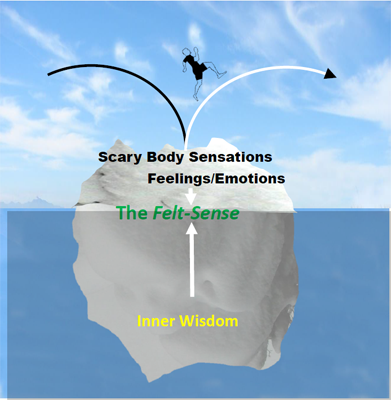By John Keane
In April and May this year, I offered an online workshop on the subject of Process Skipping. The group (40 people) met each week for 4 weeks for 2 ½ hours each week.
In my years of teaching BioSpirituality, I have come to appreciate the importance of this process to healthy human development. And, I have come to the sense that it is a process that needs time, space and gentleness to fully engage with it.
This program examined Process Skipping, a process identified by Eugene Gendlin and further developed by Frs. Peter Campbell and Edwin McMahon. Process Skipping is characterised by an unconscious avoidance of uncomfortable feelings or emotions. As such it can be a barrier to being lovingly present to what may need our attention. By understanding and addressing Process Skipping behaviours, individuals can find freedom from control and domination, engaging more authentically with reality.
Program Structure:
- Personal Exploration: Participants are invited to identify their own Process Skipping behaviours.
- Cultural Context: Examination of how cultural structures influence Process Skipping.
- Alternative Perspectives: Investigating love and its embodiment as alternatives to control and dominance.
The essence of this process is that it is now a maladaptive stress response. Its initial purpose was to prevent or minimize some perceived conscious or unconscious pain. This process becomes habitual over time.
Process Skipping can operate on a number of levels which we explored during the program.
- Mental or Rational Process Skipping
- Activity or behaviour Process Skipping
- Emotional Process Skipping
- Physical Process Skipping
At the beginning some of the participants expressed their reluctance about exploring this well defended aspect of our living. I acknowledge that it requires courage to engage with this program. BioSpirituality is not about doing therapy (although many therapeutic benefits can be gifted to us in this process). So, it is important to stress to participants, that if they discover process skipping mechanisms that may be harmful to themselves or others – they should seek the appropriate therapeutic help and guidance.
As the workshops progressed the support of the group was important as participants became aware of their process skipping patterns. There was the realisation that we all do this – and many shared that it also gave them an understanding and an empathy for friends and family that have their own expressions of process skipping.
There was a sense of wonderment in the group about how clever we were to protect ourselves initially when we encountered danger or stress. But also, a sense of relief, that we don’t need to do that anymore. Those parts of ourselves that were lost can become our greatest teachers and treasures.
It was also clear that the group developed a sensitivity and appreciation about the relationship between process skipping and addiction. Pete and Ed always stressed that some element of process skipping is evident in most cases of addiction. We are no longer powerless about this when we become aware of this process that is initially unconscious.
It was also clear that this program did not provide enough time for people to explore as deeply as they desired. This was the first time I have offered this workshop, next time I will provide more time. Time for refection between sessions, and more sessions to engage with the intricacies it reveals.
In essence, awareness and exploration of process skipping in both personal and cultural terms is a call to live into and develop a sensitivity for love and gentleness. It is akin to a kind of conversion experience, when we discover that we no longer need to control and manipulate our feelings. Living into these feelings and experiences can set us free. We begin to live life as it is – and not how we might wish it were. There is freedom beyond control…





